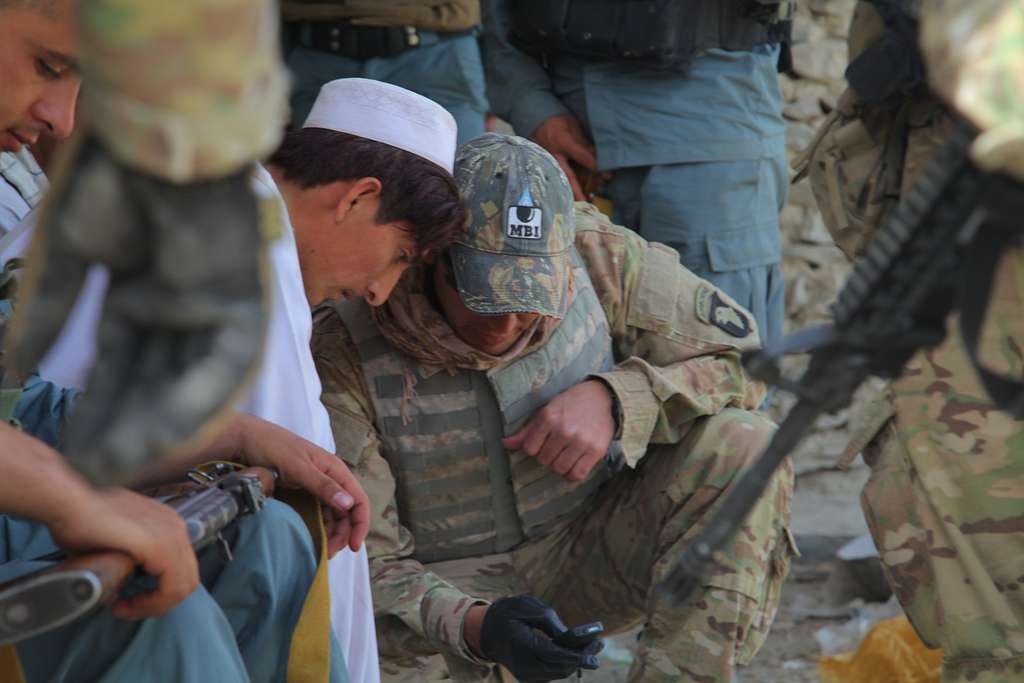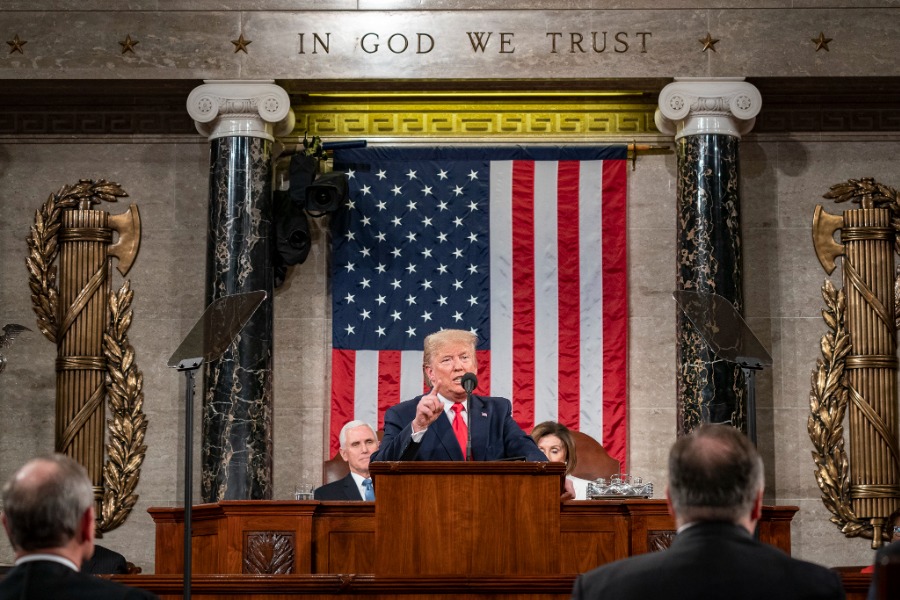A White House Trial Balloon Trying Out the 2002 Iraq AUMF?
According to this story in the Post, an unidentified administration official--maybe the President, maybe not--has raised the possibility that the plans for a ramped-up campaign against IS will not need fresh congressional authorization because...wait for it...the 2002 Iraq AUMF remains on the books:
The president “thinks he has the legal authority he needs” to increase U.S.
Published by The Lawfare Institute
in Cooperation With

According to this story in the Post, an unidentified administration official--maybe the President, maybe not--has raised the possibility that the plans for a ramped-up campaign against IS will not need fresh congressional authorization because...wait for it...the 2002 Iraq AUMF remains on the books:
The president “thinks he has the legal authority he needs” to increase U.S. military engagement in both Iraq and Syria, said Jane Harman, president of the Woodrow Wilson International Center for Scholars, who attended the dinner with Obama. The White House’s belief that it has authority to act is based on the reports Obama has filed with Congress under the War Powers Act and the earlier congressional authorization for the war in Iraq.Perhaps that has been the legal theory all along, in part if not in whole. But if so, would we not have heard it at some point over the past several weeks, instead of or at least in addition to recurring claims that the President has Article II authority to act based on the need to protect US personnel in Erbil and Baghdad, as well as the need to intervene to prevent immediate humanitarian disasters? More to the point, wouldn't this authority have been mentioned in the flurry of separate WPR notifications the administration has issued (they just refer to article II authorities)? It is hard not to be cynical about an invocation of the 2002 AUMF, if it really is now being raised. Perhaps the mention of it is simply a trial balloon, or even just the product of confusion somewhere in the chain of people giving rise to the language quoted above. All that said, whether the 2002 AUMF argument actually has merit is a distinct question. Jack's excellent post here makes the case for it, while also linking to posts from me and Wells taking a contrary view.
Robert (Bobby) Chesney is the Dean of the University of Texas School of Law, where he also holds the James A. Baker III Chair in the Rule of Law and World Affairs at UT. He is known internationally for his scholarship relating both to cybersecurity and national security. He is a co-founder of Lawfare, the nation’s leading online source for analysis of national security legal issues, and he co-hosts the popular show The National Security Law Podcast.





